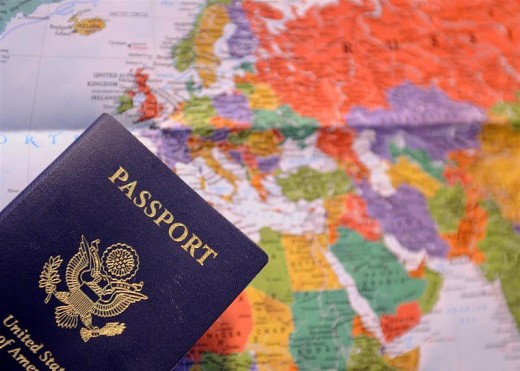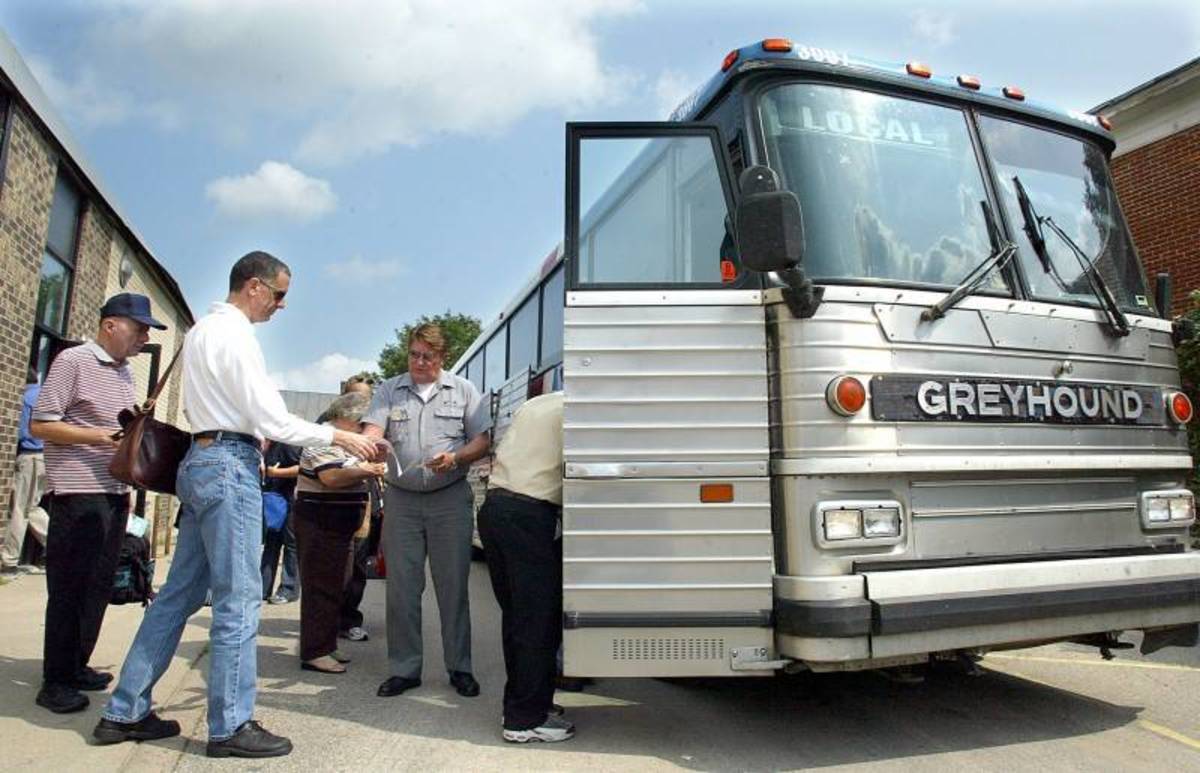How to Expatriate: Tips for Expats

Are you thinking about moving abroad? The whole idea of moving overseas can be extremely exciting yet nerve-wracking at the same time. The idea of moving abroad conjures up images of exploring foreign places, meeting interesting people and experiencing lots of new and unheard of things in the adopted country. That will come with a move abroad, yet at the same time, you need to realize that moving abroad is not an extended vacation and that there are some not-so dreamy aspects of living abroad. Believe me, I know, having moved from New York City to the capital of Portugal over a year ago.
There’s an official term for someone like you and me, which is “expat”, short for “expatiate”. Expat generally refers to a person living in a country other than the one of their citizenship. People choose to leave the comforts of their familiar surroundings for many different reasons – work, study, love or perhaps just for a change of scenery. If you’re taking the leap to move across the pond, then you should be aware that it takes a certain personality to be able to adjust to life in a completely different environment and culture.
Below are some tips that should help you adjust and enjoy life overseas.
Ernest Hemingway was one of the most famous American expats

Number of Americans living abroad: between four and six million!
The exact number of Americans living abroad is unknown since Americans aren't required to report to the government when moving abroad however attempts to count the number of American citizens residing overseas put the estimate between four and six million of us.
U.S. Embassy in Paris

Expat living in Lisbon

There's lots of McDonalds restaurants overseas, making you feel a little closer to home with each sight of the golden arches

General tips for successfully living overseas and lessening culture shock
- Prepare yourself mentally - Once you move to another country, there will be lots of new things - a new language, new people, new routines, new codes of conduct, a new climate. That's a lot of new things! It helps if you can get cross-cultural training which will prepare you for your move so that you know what to expect and aren't just jumping headfirst into a completely new and unknown environment. Many expats feel loneliness, homesickness, frustration, confusion and other not so dreamy things. The key is to expect these things.
- Be open-minded - Everyone has their own way of doing things so there are bound to be cultural differences with your adopted country. Stay positive, admire things around you rather than complain about them and be aware that things can be done in different ways.
- Learn about your surroundings - Once you know where you'll be living and have secured a house or apartment, find out where you can go shopping, where different points of interest are such as the post office and grocery store. Get to know various routes and the best way to get around, as well as whether it's safe to walk. Get a map and annotate places that are important to you.
- Make a routine - Routines help us feel in control of situations and are extremely helpful when we feel like things are out of the norm. So make a daily routine like going to the gym daily at the same time, reading or blogging daily, etc. Whatever floats your boat!
- Keep organized - I personally like to keep a journal in which I plan out each day and jot down things of interest throughout the day. This helps me stay organized and have a routine.
- Find new favorites - The country where you're moving may not have your favorite foods or other goods but not to worry because there will be lots of local things for you to try out and love. For instance, I usually have a hazelnut coffee with sugar and cream, and eat a bagel or a bacon, egg, and cheese sandwich for breakfast back in NY but those are not to be found easily in Portugal. So instead, I've come to love Portuguese galao (espresso with milk) and salgados (salty snacks). The same goes for many other things such as favorite salons, department stores, etc.
- Make your house feel homey - I think it really helps to bring some favorite things from back home to make yourself feel at ease with your new environment and have some familiar things. I personally like to bring a couple of framed pictures, a couple of favorite books, and as weird as it sounds, I like to bring some bathroom accessories like a soap dish and toothbrush holder from home. These little touches recreate home and make you feel more comfortable.
- Call friends and family back home on a regular basis - With modern technology, it's extremely easy to stay in touch with people back home. If you call up your best friend every evening when you're home, you don't have to stop just because you're abroad. In fact you can keep the same routine and you'll just have a lot more to talk about. You can use Skype, Google+ or make video calls to friends and family back home. I, for instance have FaceTime on my Mac and most of my friends and family have Macs, iPhones or iPads with FaceTime as well so not only do I get to speak with them, I even get to see them!
- Build a new social network - You're going to meet lots of new people abroad and some will be in a similar situation to you. So go out, make new friends, including with locals and enjoy the experience of living in a different country and the opportunity to meet new people and learn new things.
- Sign up for the gym - If you go to the gym back at home, get a gym membership in your adopted country. Even if you don't go to the gym back home, get a gym membership since exercising is a great way to relieve stress and maybe you'll even make friends at the gym!
- Remember that everyone gets a culture shock - You're bound to feel like there's so much new stuff that you don't know where to begin. The key is to be prepared and not go at it blindly.
- Previous expat experience can help adjusting to a new location but it's important to note that every place is different. I personally believe that if you have at least one international stint under your belt, your next one will only be a breeze if it's in a country within the same country cluster as the one with experience (i.e. Latin Europe cluster including Portugal, Spain, Italy, France, and Belgium). Source: S. Ronen and 0. Shenkar. "Clustering Countries on Attitudinal Dimensions: A Review and Synthesis." Academy of Management Review, 1985
Some factors can make expatriate assignments difficult
Typical factors that can make an expatriate assignment difficult include:
- Increased stress due to isolation from friends and family back home
- Inability of expat and/or spouse to adjust to life abroad
- Family situations such as a concern for children's education or health
- Inability to cope to wider responsibilities that come with an international assignment
- Cultural factors including: difficulties in communicating in a different language; exposure to different political, economic and religious views; different values and norms that lead to clashes with locals
The key is to anticipate these difficulties and to take steps to mitigate them such as scheduling weekly Skype calls with friends and family; learning at least the basics of the language where moving to; and researching the values and norms of the country you're moving to so that you know what to expect.
The various stages of the expat experience include culture shock

Books about Americans living abroad
Once you're done with your international assignment or whatever motivated you to move overseas, you're going to return to your home country and go through a process that's called "repatriation" or "reverse culture shock". This phase is commonly referred to as the final link of the expat experience and refers to an expat returning home.
Stats show that one-third of expats who return to the U.S. actually leave the company that sent them abroad within 18 months. Factors that contribute to this are:
- Reverse cultural shock
- Company's indifference to the value that the international experience brought
- Increased "employ-ability" of returning expats
Enjoy your life abroad and make the most of it!







